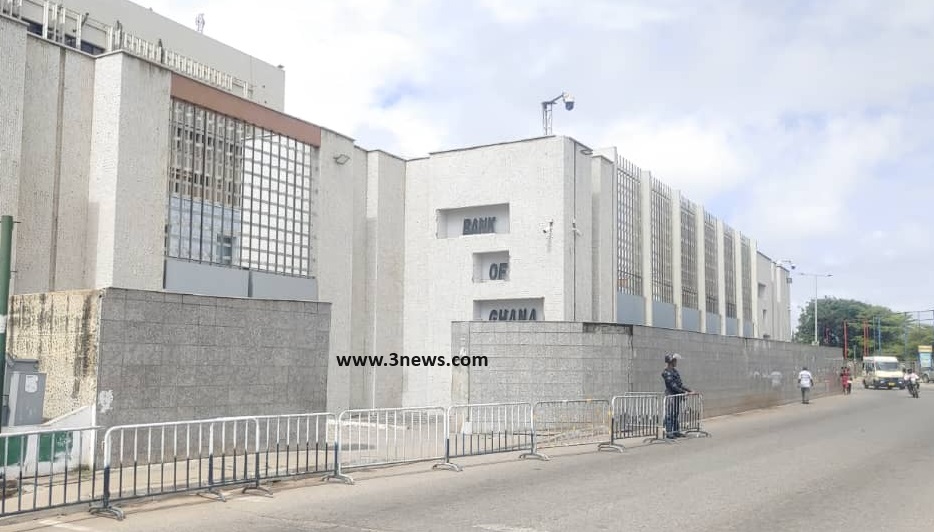The decision of the Monetary Policy Committe of the Bank of Ghana (BoG) to keep the policy rate at 30 percent has been justified by Financial Analyst, Kwaku Adoboli.
He stated that the MPC wanted to observe further whether the downward trend in the rate of inflation would continue or not.
The MPC cannot afford to reduce the policy rate and then turn around in a short time to increase it again, that would be inconsistent and damaging to the credibility of the committee, he argued.
While announcing the policy rate, Chairman of the MPC Dr Ernest Addison observed that although inflation was dropping, the current rate was still high.
He said the BoG expected the rate to drop further than the current rate hence the decision of the MPC to maintain the policy rate at 30 percent.
Dr Addison, while addressing the 115th MPC press conference in Accra on Monday, November 27 stated “The committee has decided to maintain the policy rate at 30 percent until inflation is firmly anchored on a downward trend,” he said.
The Policy Rate is an interest rate that the central bank sets in order to influence the evolution of the main monetary variables in the economy like consumer prices, exchange rate or credit expansion, among others.
The inflation rate for the month of October 2023 dropped to 35.2 percent, the Government Statistician Professor Samuel Annim has announced. The new rate was from 38.1 percent in September 2023.
Asked for his view on this issue raised by the Governor and what can be done to deal with it while speaking in an exclusive interview with 3news.com on the sidelines of an event to present the findings on research conducted on ‘Unravelling the Global Central Banks Losses (Africa and Eruepo)’ by the Ghana International Trade and Finance Conference (GITFiC) in Accra on Wednesday, November 29, Mr Adoboli said “The last time the Bank of Ghana met to determine the policy rate was the first time they agreed or decided to hold and the reason they decided to hold was that they were starting to see that the rapid rise in the policy rate was slowing down the economic performance and had the potential to take us into a recession so they paused because they wanted to see whether the effect of the rate rise would lead to continuing decline in inflation.
“Now we are starting to see that decline in inflation so one of the reasons that they have chosen to hold is to see if that decline will continue, there is no need to take action if that decline will continue.
If the inflation continues to drop that acts as a stimulus to the economy itself, in which case they don’t need to drop interest rates yet.Aat some stage when they are certain that inflation is under control and will not rise back up if they drop interest rate then they will start dropping interest because they need to drop interest rate.
” As the economy has switched from a governmental capital creation economy to a private sector-led capital creation economy, it is very important that the private sector is able to leverage low-interest rates in order to deliver on its new responsibility to drive Ghanaian economic growth.
“In order to do that we have to start dropping the interest rate but we need to see inflation fully in control before you start doing that. So what the MPC cannot do is drop interest rate, see inflation rise and re-raise the interest rate, that will be inconsistent and will damage credibility so they are on passing hold until they see the inflation rate continue to drop.
“If you remember well the peak in inflation in Ghana was 54.1 percent for December 2022, we are now reaching that relative point which, if you remember in November last year there was a massive weakening of the Cedi, we heard it trade at 18 Cedis to a Dollar of book. So we were in really dire times and that is what led to the spike in the inflation rate. Now that we are comparing year-on-year numbers to the post-spike environment, we should see inflation drop quite rapidly.”
Source: 3news.com|Ghana

